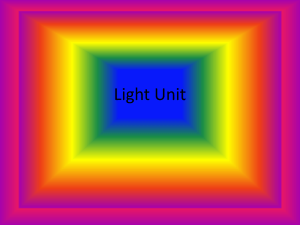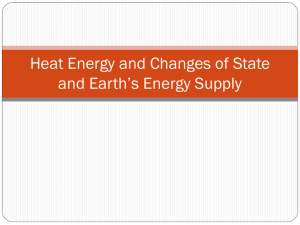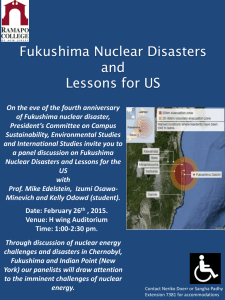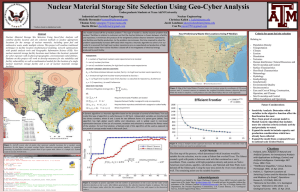Teaching Controversial Topics in Physics Courses
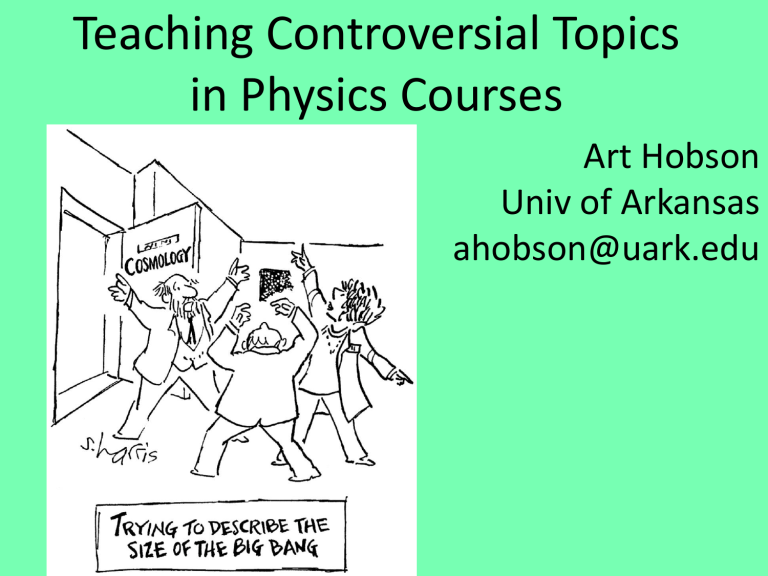
Teaching Controversial Topics in Physics Courses
Art Hobson
Univ of Arkansas ahobson@uark.edu
Conceptual physics at U Arkansas
• General physics, emphasizing modern physics, and societal topics.
• The scientific process (we learn via evidence and reason) is a recurring theme.
• Taught since 1975. Now ~1000 students/yr.
• Many students (mostly women) report that they appreciate the social topics. Many others (mostly men) report that they appreciate the modern physics.
• Many topics bear on controversial religious and political issues:
• pseudoscience
• --including creationism
• electric power plants
• growth, overpopulation
• 2 nd law & evolution
• ozone depletion
• global warming
• radioactive dating
• geological ages
• biol effects of radiation
•nuclear weapons
• nuclear terrorism
• the energy future
• nuclear power
• fossil fuels
• renewable energy
• energy efficiency
• age of universe & Earth
• the big bang
• THE SCIENTIFIC PROCESS
You’ll find discussions of all these topics in my textbook, available at the
Pearson booth at this meeting.
A clear scientific consensus exists on nearly all of these. In this case:
• Present the scientific consensus, being careful to explain how we know (i.e. the evidence).
• Emphasize: science is based on evidence and reason, not tradition, authority, politics, or feelings.
• Encourage students to express their doubts. If there is a scientific consensus concerning these particular doubts, present it (diplomatically):
“Thanks! It’s a good point. In fact, scientists have considered this point, and ……..”
EXAMPLE: radioactive dating, Earth’s age, geological ages.
Evidence:
Some conclusions based on this evidence:
If a clear sci consensus does not exist
(nuclear power? overpopulation?):
• Either present the sci evidence on both sides, or simply say that no sci consensus exists.
• This might be a good opportunity for a class debate/discussion!
EXAMPLE: Nuclear power
Coal is one widely-used “competitor” to nuclear.
Students can “brainstorm” costs & benefits of both.
A few:
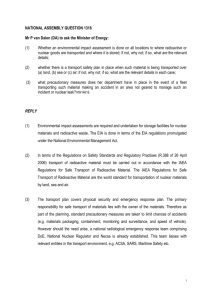
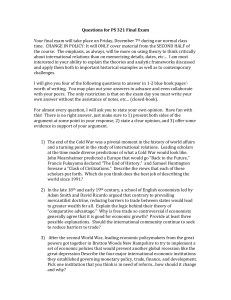
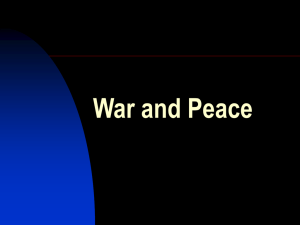

![The Politics of Protest [week 3]](http://s2.studylib.net/store/data/005229111_1-9491ac8e8d24cc184a2c9020ba192c97-300x300.png)

